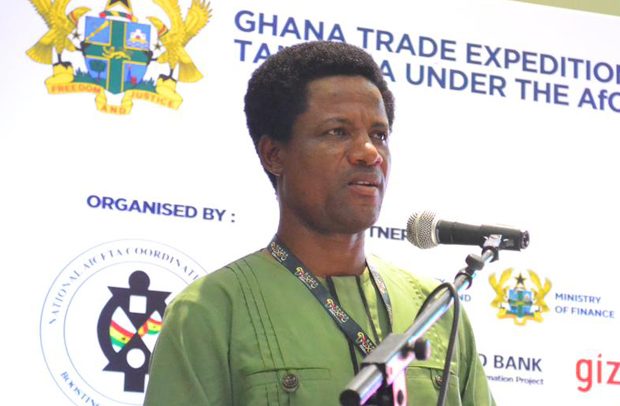Benjamin Oduro Arhin Jnr
Creative Arts Business and Intellectual Property Consultant, Benjamin Oduro Arhin Jnr, popularly known as Bnoskka, has advised Kumasi-based filmmakers to up their game by introducing the writing of scripts for the movies they produce.
He claims that despite Kumawood’s poor production quality and recurrent plotlines, the industry is making the best films it can with the resources at its disposal.
Speaking last Saturday on Asempa FM‘s Showbiz Review programme, Bnoskka expressed his belief that if filmmakers and other professionals had been willing to assist those in the sector, Kumawood’s growth would have been exponential.
Bnoskka, who is also a lecturer at the University of Education, Winneba, indicated that eighty percent of Kumawood films lack plots, adding that the majority of Kumawood films require additional technical aspects in order to succeed.
He stated that scripted movies benefit both the directors and the actors because each actor or actress has unique emotional traits that can be handled well in a scripted movie.
On the other hand, unscripted movies tend to focus more on the plot and lack coherence when a character performs better than expected, which allows for the misrepresentation of the natural setting and traditional authenticity.
His advice to Kumawood filmmakers is not to confine their content to the “Ghanaian” demographic, but to broaden their artistic horizons and aim for a worldwide audience.
He emphasised how disturbing it is to see few Ghanaian directors and filmmakers on international stages.
He stressed that many filmmakers’ ascent in the industry has been impeded by their concentration on producing content only for the local market.
Bnoskka, who just returned from participating in the Ghana Expo in Tanzania this year, stated that it will benefit the Kumawood filmmakers to include at least 50% of the screenplays in their movie writing.
He added that the Kumawood film industry has chalked some success in itsendeavor, but it is about time proper structures are canonised and cultivated to reflect modernism and also to promote the Ghanaian culture and its traditional values to worldwide viewers in order to attract local and international investments.
By George Clifford Owusu


